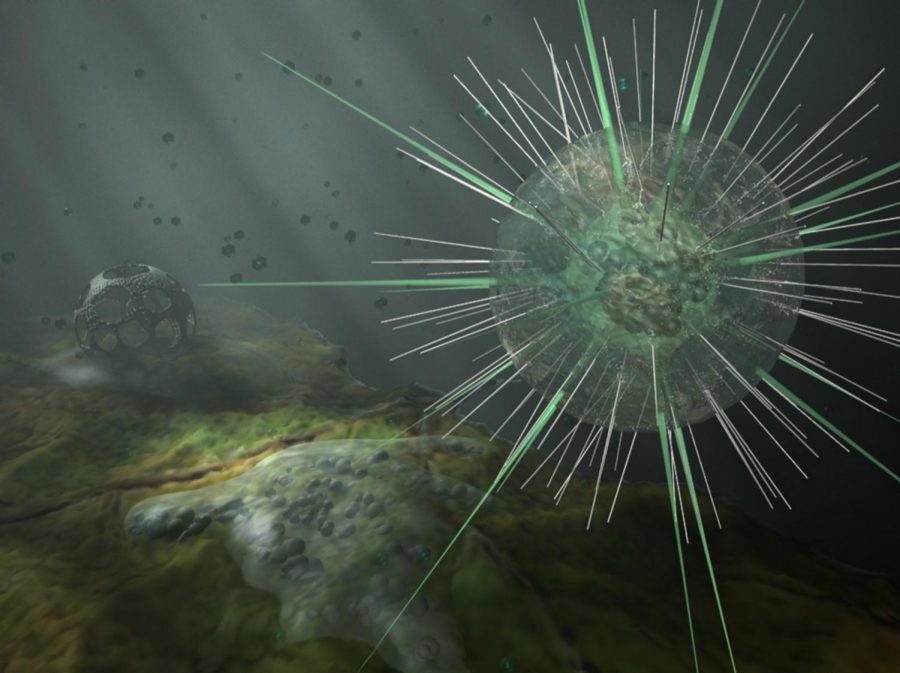Brain-eating amoeba found again in Louisiana water
The bayou may not be the best place to go this summer. Louisiana is being plagued by the Naegleria fowleri for the third time.
Consolidated Waterworks in Terrebonne Parish found positive results for the brain-eating amoeba near the beginning of June. After consulting with the Louisiana Department of Health, Consolidated Waterworks changed their disinfection plan from a chloramine solution to a free chlorine solution.
The amoeba was initially discovered in 2015 and again in 2017. Changing chemical solutions has helped in the past, and officials are hoping it works again this time.
Last June, the northern Monroe and Sterlington areas’ water supply was compromised. The Louisiana Department of Health discovered, not only the Naegleria fowleri, but also amebic meningoencephalitis (PAM), which is a brain infection much like that of Naegleria fowleri.
This procedure isn’t anything new, as many companies change their disinfectant solutions around the warmer weather and rising temperatures of water each year. Bacteria and other organisms thrive in warm water and especially in humid, southern climates like Louisiana.
According to research conducted by the Centers for Disease Control and Prevention (CDC), It is extremely difficult to contract the brain-eating amoeba. Water containing the amoeba must go far inside a person’s nose and into their sinuses to cause damage. Officials have even stated that it is safe to drink the contaminated water but that it just can’t get into the nose.
However, this doesn’t mean that the disease isn’t deadly. Of the 143 people that have gotten the disease since 1962, only four have survived. Contracting the amoeba can result in meningitis and flu-like symptoms, which can be headaches, fever and possible vomiting. Late stage symptoms can include having a stiff neck, balance issues and hallucinations.
Pools and bayous are breeding grounds for viruses like Naegleria fowleri. Walking on eggshells may not be ideal, but officials urge Louisiana residents to stay safe and smart when it comes to trying to beat the heat this summer, because something deadly could be lurking right under the surface.








